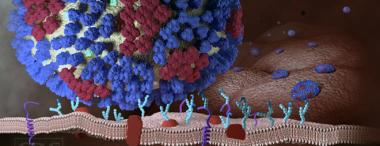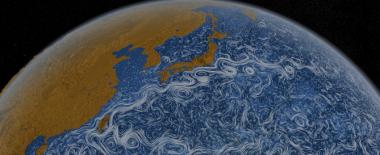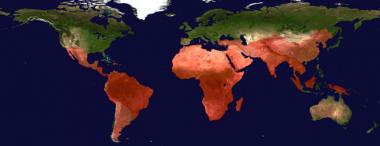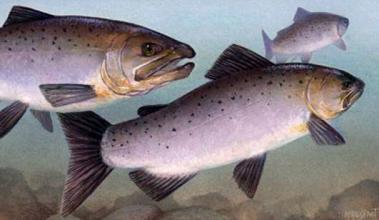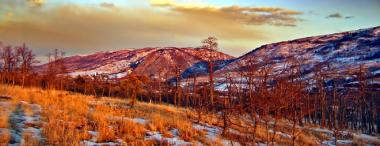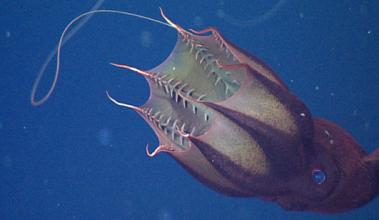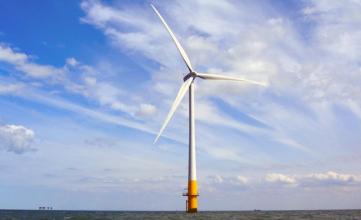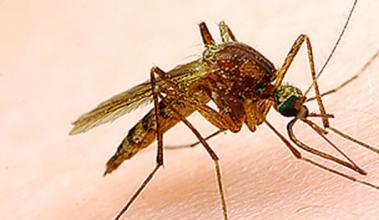Environment
Warm winters usually make the next year's flu season worse than average.
The engine of our climate changes seawater chemistry.
New tools help forecast risk of climate-dependent diseases.
A view from the 2012 fall meeting of the American Geophysical Union
Researchers have discovered a simple way of grounding mosquitoes: fog.
Desolate remains of zinc and lead mines can be partially reclaimed with animal waste.
Animal employs unusual strategy to survive harsh conditions.
In environmental science, the law of unintended consequences cannot be denied.
A magnet is suspended in midair using a high temperature superconductor.
Research demonstrates that wind power could generate all the world's electricity needs without large atmospheric effects.
Human chemistry, specific plants may inspire better traps and repellents.

